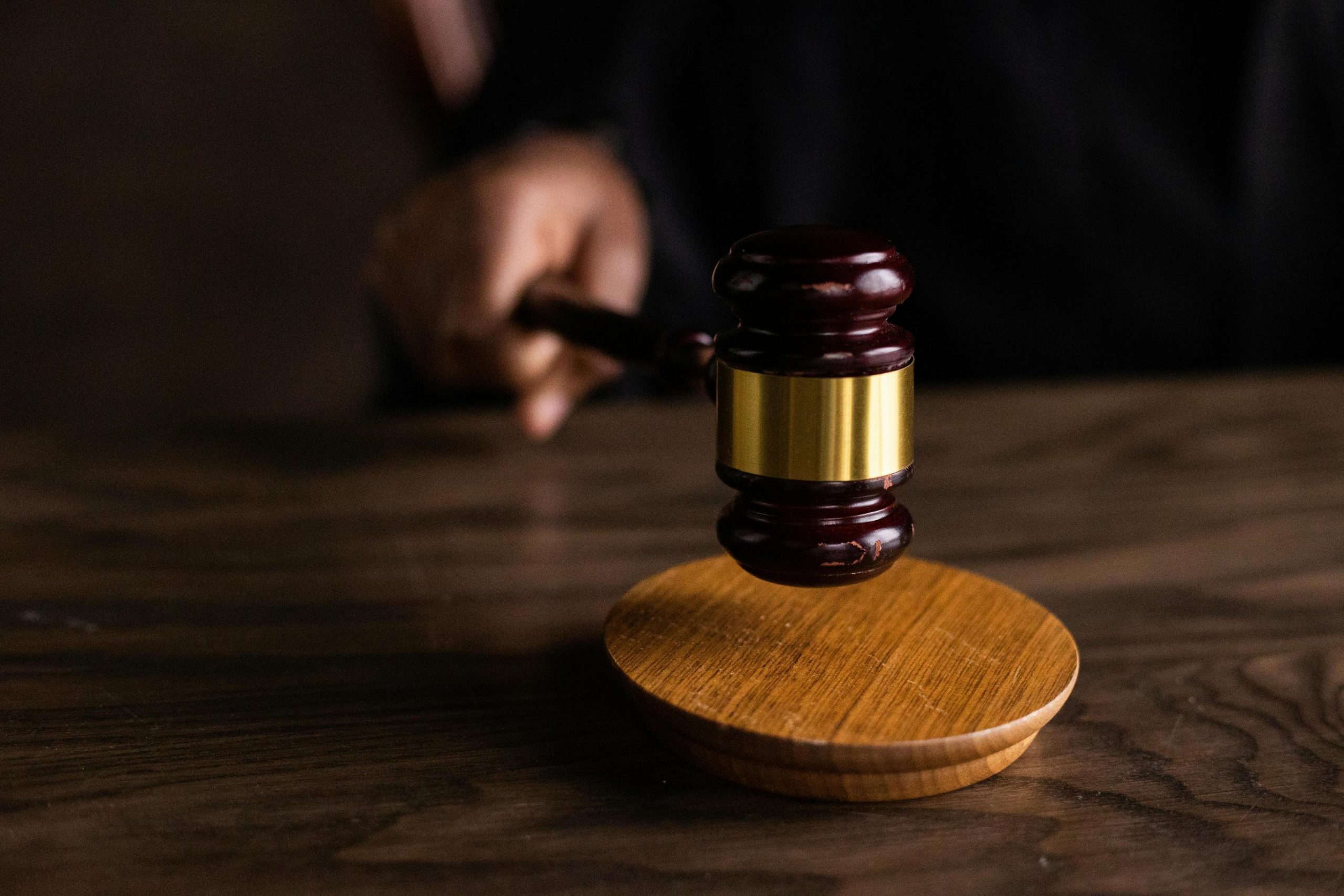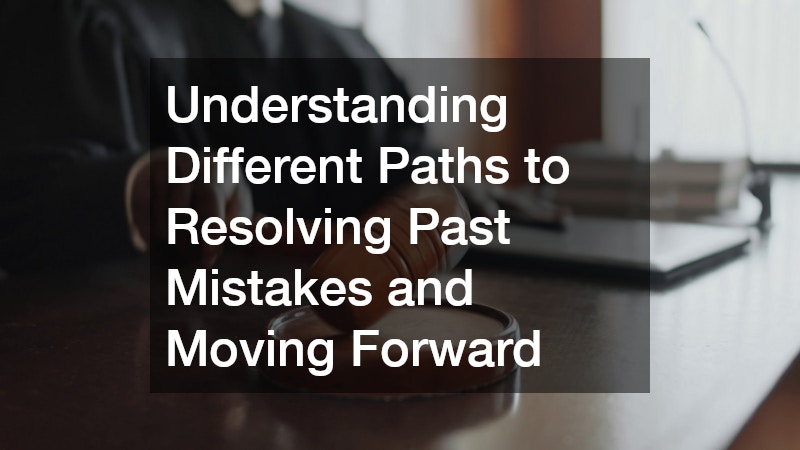Introduction: The Importance of Being Prepared After an Accident
Car accidents can happen when least expected, often leaving drivers overwhelmed and uncertain about the next steps. Beyond the initial physical impact, drivers must navigate a complex aftermath involving legal responsibilities, medical care, and vehicle management. Understanding these areas ahead of time equips drivers to act decisively, protect their rights, and reduce stress.
Having a clear plan ensures you don’t miss critical deadlines or opportunities for compensation. From securing legal representation to managing vehicle repairs or disposal, knowing your options enables a smoother recovery process.
Understanding Your Legal Rights: When and Why to Consult Legal Experts
After an accident, the decision to seek legal counsel is crucial and can significantly impact your financial and health outcomes.
Personal injury attorneys specialize in representing individuals who have suffered physical or financial harm due to another party’s negligence. They understand the complexities of insurance claims, liability, and compensation. It’s not always obvious when to hire one, but certain situations strongly suggest the need for professional guidance.
When should you contact an attorney?
-
If you experience any physical injuries requiring medical attention, especially those expected to require ongoing treatment.
-
When fault or liability is disputed between parties involved.
-
In cases involving multiple vehicles, witnesses, or complicated circumstances.
-
If insurance companies pressure you to accept a settlement that seems low or premature.
-
When property damage is substantial or your vehicle is totaled.
Choosing the right injury attorney involves:
-
Looking for lawyers with proven experience and positive client outcomes in accident and personal injury law.
-
Scheduling consultations to discuss your case, fees, and what to expect.
-
Preparing essential documentation such as police reports, medical records, photos, and insurance details before meetings.
Engaging an injury attorney early helps preserve critical evidence and strengthens your claim, ensuring your rights are vigorously defended.
Navigating Traffic Laws and Legal Procedures After a Crash
Legal repercussions related to traffic laws often complicate accident aftermaths. Traffic lawyers focus on defending clients against charges like traffic citations, fines, or reckless driving, which can accompany an accident.
What does a traffic lawyer do?
-
Represents clients in court or negotiations for traffic-related offenses following an accident.
-
Works closely with injury attorneys when civil injury claims and traffic violations overlap.
-
Helps reduce penalties, avoid license suspensions, and protect driving records.
Common legal issues include:
-
Receiving traffic tickets at the accident scene or afterward.
-
Disputes about who caused the accident, affecting insurance claims and legal responsibility.
-
Required court appearances, hearings, or alternative dispute resolution.
Tips to handle legal procedures effectively:
-
Remain calm and cooperative with law enforcement but avoid admitting fault at the scene.
-
Document the accident thoroughly with photos, notes, and witness information.
-
Consult both injury and traffic lawyers early to understand your legal options and deadlines.
Combining expertise in injury and traffic law ensures a holistic defense strategy, minimizing legal exposure and maximizing compensation.
Securing Safe and Efficient Vehicle Removal
One of the immediate logistical concerns after an accident is getting your vehicle safely off the road.
What to expect from professional towing services:
-
Rapid response times to minimize traffic hazards and further damage to your vehicle.
-
Expertise in handling accident-damaged vehicles carefully, often coordinating with police and insurance providers.
-
An accident towing service provides options for transporting your car to repair facilities, storage locations, or your preferred destination.
Choosing a reliable towing company:
-
Confirm that the service is licensed, insured, and specializes in accident recovery.
-
Obtain a clear explanation of fees and any potential storage charges before service.
-
Prefer providers recommended by your insurance company or legal counsel for accountability.
Know your rights as a vehicle owner:
-
You may have the right to direct where your vehicle is towed.
-
Storage fees may accumulate, so inquire about daily charges and retrieval timelines.
-
Document your vehicle’s condition before towing with photos or videos to avoid disputes over damages.
Safe and efficient towing reduces additional vehicle damage and liability, enabling a smoother transition to repairs or disposal.
Assessing and Repairing Vehicle Damage for Safety and Value
Once your vehicle is towed, determining the scope of damage and planning repairs becomes paramount.
Why wheel alignment is essential post-accident:
-
Even minor collisions can disrupt wheel alignment, adversely affecting handling, braking, and tire wear.
-
Driving with poor alignment increases the risk of accidents and accelerates mechanical wear.
-
A certified mechanic should assess and correct alignment as part of the repair process.
Coordinating repairs effectively:
-
Notify towing and insurance companies about the chosen repair facility early on.
-
Select repair shops experienced in collision repairs and insurance claims.
-
Maintain detailed records of repair estimates, work orders, and warranties.
Tips to ensure quality and control costs:
-
Obtain multiple repair quotes to compare prices and services.
-
Verify that the shop uses original equipment manufacturer (OEM) parts or quality-approved alternatives.
-
Ask about guarantees on workmanship and parts to safeguard your investment.
Proper repairs restore your vehicle’s safety, functionality, and value, preventing future mechanical issues.
Exploring Options for Vehicles Beyond Repair
Sometimes, extensive damage makes repair impractical or economically unviable.
Determining if your vehicle is totaled:
-
Insurance companies generally consider a car totaled when repair costs exceed a certain percentage of its market value.
-
Even if not declared totaled by insurers, owners may opt to sell rather than repair.
Options for disposing of damaged vehicles:
-
Cash for junk cars programs:
-
Offer quick cash for non-running or heavily damaged vehicles.
-
Handle pickup and legal paperwork, simplifying the process.
-
-
-
Environmentally responsible option to reclaim valuable metals like steel and aluminum.
-
Scrap yards often provide free towing and pay based on vehicle weight and metal prices.
-
How to sell your damaged vehicle:
-
Gather your vehicle title and any necessary documentation.
-
Solicit offers from multiple junk car buyers and scrap yards to get the best price.
-
Ensure buyers handle deregistration and legal transfer of ownership properly.
Selling your damaged car through these channels can save time, reduce liability, and recover some financial value.
Specialized Considerations for Motorcycle Accidents and Recovery
Motorcycles present unique challenges in accidents due to their size, exposure, and distinct legal aspects.
Challenges faced by motorcycle accident victims:
-
Injuries tend to be more severe due to limited protection.
-
Insurance policies and claims processes often differ from those for cars.
Role of used motorcycle dealers:
-
May purchase damaged bikes “as is,” offering an alternative to costly repairs.
-
Can provide trade-in options or assist in acquiring replacement motorcycles and parts.
Motorcycle-specific towing considerations:
-
Requires specialized equipment and expertise to avoid further damage.
-
Choose towing providers experienced with motorcycle recovery.
-
Proper post-accident storage is critical during insurance or legal proceedings.
Tailored legal advice and vehicle management strategies are essential for motorcycle owners navigating post-accident challenges.
Supporting Physical Recovery with Medical and Rehabilitation Resources
Physical healing is often the most demanding phase after an accident, requiring access to appropriate medical care.
Understanding neuro rehab:
-
Focuses on rehabilitation for brain injuries, spinal cord trauma, and nerve damage.
-
Utilizes physical therapy, occupational therapy, and specialized treatments to regain function.
-
Early and consistent intervention improves long-term outcomes.
How legal representation integrates medical care:
-
Injury attorneys collaborate with medical professionals to document treatments and rehabilitation.
-
Medical evidence like neuro rehab records strengthens compensation claims.
-
Attorneys can assist clients in accessing necessary rehab services by negotiating with insurers and healthcare providers.
Recommendations for patients and families:
-
Keep detailed records of all treatments, therapy sessions, and medical bills.
-
Adhere to rehabilitation plans diligently for optimal recovery.
-
Communicate any obstacles to care with your attorney to ensure adequate support.
Combining medical care with legal advocacy maximizes recovery potential and financial compensation.
Practical Steps to Protect Yourself Immediately After an Accident
The moments and hours following a car accident are critical—not only for your physical safety but also for protecting your legal rights and ensuring a smooth claims process. Taking the right actions immediately can significantly influence the outcome of your recovery, insurance settlements, and potential legal cases.
Immediate Priorities: Safety First and Scene Documentation
-
Ensure Everyone’s Safety:
Before anything else, check yourself, passengers, and others involved for injuries. If anyone is seriously hurt, call emergency responders immediately. If it’s safe to do so, move vehicles out of traffic to prevent further accidents or hazards, but avoid moving vehicles if the damage is severe or injuries are present—wait for authorities. -
Call Emergency Responders:
Even if injuries seem minor, police should be notified. An official accident report serves as an impartial document that insurers and legal professionals rely on heavily. Emergency responders can also provide necessary medical assistance and help control the scene. -
Document the Accident Scene Thoroughly:
Use your phone or camera to take clear photos and videos of:-
All vehicles involved, capturing damages from multiple angles.
-
License plates of all vehicles to verify involved parties.
-
Road conditions such as potholes, wet or icy surfaces, skid marks, traffic signals, and signs.
-
Surrounding environment—intersections, traffic flow, and any obstructions.
-
Your own injuries or visible bruises immediately after the crash.
These visuals serve as vital evidence when proving liability or disputing insurance claims.
-
-
Exchange Contact and Insurance Information:
Politely exchange your full name, phone number, address, driver’s license number, license plate, insurance company, and policy number with the other drivers involved. Avoid discussing fault or blame during this exchange to prevent misunderstandings or admissions that could be used against you. -
Avoid Admitting Fault or Making Statements About the Accident:
It’s natural to want to explain or apologize, but verbal admissions can complicate claims and legal proceedings. Simply stick to the facts when talking to other drivers and law enforcement—describe what happened without speculating or assigning blame. -
Collect Witness Information:
If bystanders witnessed the accident, ask for their names and contact information. Independent witnesses can provide unbiased testimony that supports your account of the incident, which is especially useful in contested cases.
Why Early Legal Consultation Is Essential
-
Preserving Evidence:
Injury and traffic lawyers understand the importance of preserving physical and testimonial evidence before it degrades or is lost. Early legal involvement ensures that photos, witness statements, and police reports are collected and maintained properly. -
Navigating Complex Insurance Processes:
Insurance companies often seek to minimize payouts. Attorneys can communicate on your behalf to ensure claims are filed correctly, deadlines are met, and you receive fair compensation. -
Managing Interactions with Law Enforcement and Insurers:
Lawyers advise you on how to respond to questions and statements from authorities and insurers, preventing you from inadvertently harming your case. -
Preventing Mistakes That Jeopardize Your Claim:
Without legal guidance, people often accept low settlements or sign documents that waive their rights. Early consultation helps you avoid these costly errors.
Additional Practical Tips for Protecting Your Rights
-
Do Not Sign Any Documents or Accept Settlements Without Legal Review:
Insurance adjusters might pressure you to sign releases or accept quick payouts. Such documents often waive your right to further compensation. Always have an attorney review any paperwork before signing. -
Maintain a Detailed Journal:
Record all accident-related information meticulously, including:-
Symptoms of injury and changes in your health.
-
Medical visits, treatments, and prescriptions.
-
Expenses incurred due to the accident, such as medical bills, transportation, or lost wages.
-
Conversations with insurance agents, doctors, lawyers, and any other parties.
This detailed documentation provides a clear timeline and supports your claims during negotiations or litigation.
-
-
Seek Medical Evaluation Promptly—Even for Minor Injuries:
Some injuries, especially soft tissue or neurological issues, may not show symptoms immediately. Prompt medical evaluation documents your condition soon after the accident, which is critical for legal and insurance purposes. It also ensures you receive timely treatment, improving recovery chances.
Empowering Drivers Through Knowledge and Preparation
Understanding the legal protections and vehicle management options available after an accident is critical for every driver. By knowing when to seek expert help, how to handle damaged vehicles, and what immediate actions to take, you can protect your physical health, legal rights, and financial well-being. Being informed and prepared is the best way to navigate the difficult path after a crash and move toward recovery with confidence.


